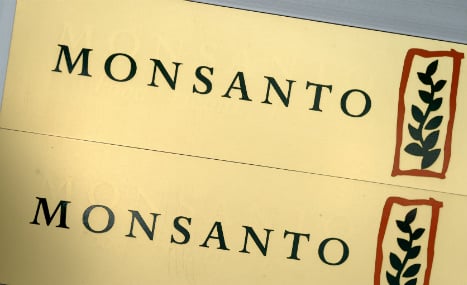“We have a durable interest in deepening our partnership with Saab and we are ready to invest in the company,” BAIC chief executive Wang Dazong told Swedish business daily Dagens Industri.
China’s fifth biggest car maker was one of the bidders to take over loss-making Saab from General Motors, but the US group dismissed BAIC’s bid and sold it to Dutch sports car maker Spyker Cars, Wang said.
In December, BAIC acquired the intellectual property rights for Saab’s 9-3 and 9-5 car models for 140 million euros. It also signed a contract this week to sell Saab cars in its network in China.
In February, Spyker Cars bought Saab for $400 million, rescuing the Swedish company which GM was about to close down as part of its own efforts to recover from bankruptcy.
Spyker chief executive Victor Muller said last week that he intended to restore Saab to profit by 2012, raising annual production sixfold to 120,000 cars in 2012, employing an extra 500 workers and extending a Saab factory.


 Please whitelist us to continue reading.
Please whitelist us to continue reading.
Member comments